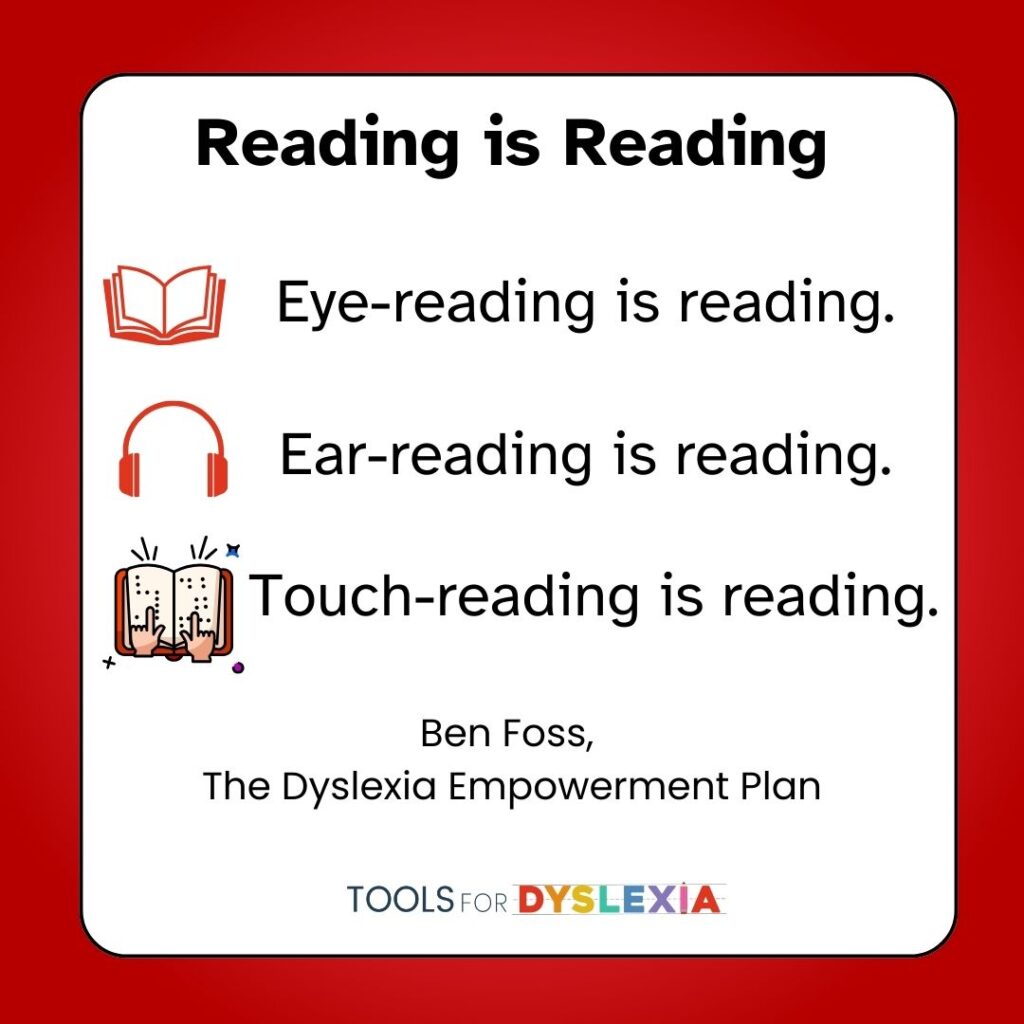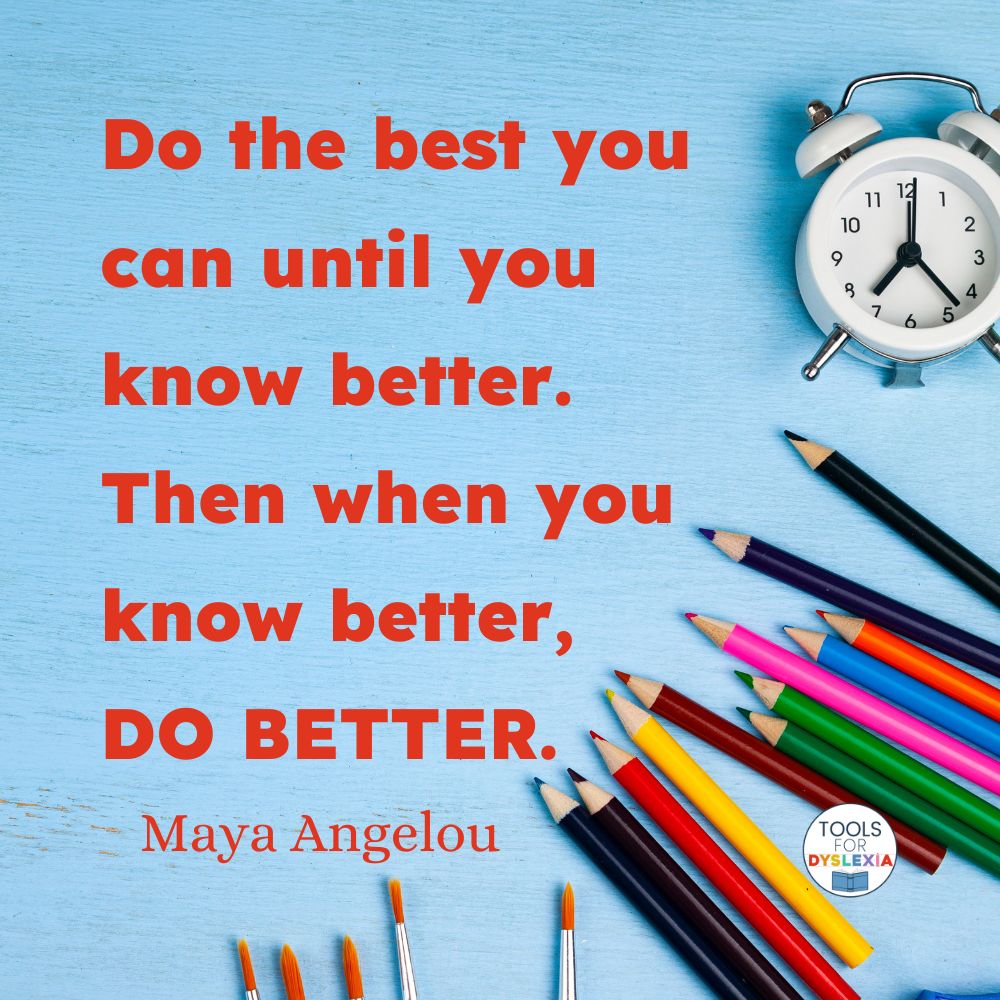When You Recognize It’s Dyslexia
A Parent’s Fears about Dyslexia
When I recognized the signs of dyslexia in our third child, I worried our daughter might not learn to read. She was almost eight years old. If I said, /k/ /æ/ /t/, she couldn’t put that together. Rhyming was not registering either. My thoughts were filled with worst case scenarios. Can you relate?
Maybe you see yourself in your child because you struggled (or still struggle) with reading and spelling too. It tends to run in families but regardless of Grandma’s straight-A report cards and no one in your family who seems to have it, your child can have dyslexia.
Let’s talk through some of the worries and worst case scenario fears. If there’s a specific one bothering you, click the link below to go straight there.
Fear That They’ll Never Learn to Read
Yep, that’s a big one on most parents’ list. Will they learn to read? When? Will they ever love reading? If they don’t read well, will they be able to support themselves? Oh yes, it can go on and on down a very scary rabbit hole.
Instead of that dark dive, consider that your child has you looking into this, reading blog posts, and learning about how to help.
Be careful not to let your anxiety stress out your child. We can’t push our children to go faster in their literacy journey. One of my favorite sayings is “There are no clocks in the garden.” Brains, skills, and abilities develop at their own pace, not ours.
More Than One Way to Read
Make sure audiobooks are available to them. Students can often listen to books, even textbooks, on a phone or laptop. Audiobooks are available at public libraries and school libraries. Listening to audiobooks pours language into our kids’ minds, language they’re not yet getting from reading on their own. It builds vocabulary, develops their imagination, and enriches their soul. They show our kids the work will be worth it.
Our kids often listened to audiobooks while they were building with construction toys, playing with dolls, or doing art. Or on road trips. Reading aloud to your kids strengthens their connections to you. Choose engaging stories and they’ll be hooked.
Many successful dyslexic adults use audiobooks as their main means of “reading”. Did you catch that: successful dyslexic adults. Lots and Lots of them. Your child can be successful too.
Children and adults with dyslexia could combine listening and eye-reading. The important part is that the information or story is received, not the method. Eye-reading, ear-reading (listening), and touch-reading (Braille) are all legitimate forms of reading. Reading is Reading.

School, Home, & Tutors
Students can receive reading support at school. You can request an evaluation by the school. It won’t be a diagnosis. It’s just to see if your student qualifies for additional support. More about school in the next section.
Parents can also use one of the many reading programs on the market. I used the Barton Reading and Spelling System with our daughter. After about Level 4, she began reading and over time developed a love of reading. It’s not a quick fix. Nothing is. It can take 3-5 years to complete.
As a tutor, I’ve also used the Barton program, Let’s Read, a Linguistic Approach, and Structured Word Inquiry with many of my students for supplemental practice. Anyone could use these with their own children. Look in the Learning Resources section of this site for Structured Word Inquiry resources.
Try decodable readers. These books only include words that emerging readers are likely to be familiar with. That may sound like awkward Max-did-run kind of books. But there are decodable readers that have engaging stories with more natural-sounding sentences that are interesting to 3rd graders and older.
A parent recently told me that her 5th grade son is loving the decodable book series we’re reading together. She asked how I got him interested to read. She had tried and tried. I explained that he loves these books because HE CAN READ THEM. Nothing motivates like a taste of success! Engaging decodable readers are one of the tools.

You may find outside-of-school tutoring through community resources and of course through a google search for in-person or remote tutors.
We all hope our kids have access to education that meets their needs, but what if you see that’s not the case?
Fear Your Child Will Have Your School Experience
Parents who themselves have dyslexia and struggled in a school system without understanding or support are often terrified for their children. Unfortunately, parents often remember their own parents not being understanding or supportive, which means the battle and the shame was at home as well as at school. There’s some trauma.
If this is your story, I’m so sorry it was like that. I’m sorry you weren’t supported, nurtured, and protected. Learning and school and home shouldn’t have been that way.
But your child/children can have a very different experience. Better than anyone, you can be your child’s supporter and their soft place to fall each day. Talk with them about what you wish had been different for you. And let them know their experience will be better because of your support and because there’s much more awareness about dyslexia.
Advocate for Your Child
Their school experience does not have to be the same as yours. You can advocate for them at school, request an evaluation for services through the school, request an Individualized Education Program (IEP) meeting, and discuss accommodations to help your student succeed. It’s no different than asking for a wheel chair ramp or that your child be allowed to use hearing aids.
Dyslexia Advocate, How to Advocate for a Child with Dyslexia Within the Public Education System by Dr. Kelli Sandman-Hurley is a clear guide to help you through the process. Sometimes there are other parents in your district who willingly help other parents through the process. You can also hire a professional educational advocate.
Set Aside Fears about Dyslexia and Take Action
Start talking to your student’s teacher(s). Ask them what they’re seeing. Talk to them about the struggle your student is having, how that’s affecting the way they feel about themselves, and how much time your student is spending on homework.
Keep a notebook and record daily the time spent on specific homework assignments and how much time you’re helping with homework. I would detail the specifics they needed help with–that tells you what they’re not understanding and skills they’re lacking.
Request a school evaluation in writing or you can make an appointment with a neuropsychologist or someone else who has experience assessing learning disabilities, specifically experienced with dyslexia. It’s okay to ask the professional how many students they’ve assessed, what tests they’ll use, etc. An assessment for dyslexia should include:
- Phonological Processing
- Oral Reading
- Silent Reading
- Single word reading
- Processing speed/rapid naming
- Spelling
- Vocabulary
- Writing sample
- Evidence of cognitive ability
- Review of school records
- Thorough review of family and school history
The list above comes from Tips for Getting a Dyslexia Diagnosis, which includes lots of other helpful tips for negotiating this process. If you know parents whose kids have dyslexia, ask them for a recommendation of who they used. Your insurance may pay for the assessment. Otherwise, be aware that they’re expensive.
We also advocated for our daughter at church and other activities. In Sunday School classes with students who were occasionally asked to read a verse of scripture, we talked with those teachers/coaches. We let them know they should not ask her to read, but if she volunteered that was fine. We suggested that if they wanted her participation they should let her know in advance so she could be prepared to read or answer a question. Our daughter struggles with word retrieval too. Being asked in public a question without time to prepare is often humiliating.
Your child’s experience won’t be the same one you had because they’ll have YOU!
Fear That People Are Judging You
From family members to home-school friends to random people in stores, I was sure people were judging me. We can be our own worst enemy. Those fears of being judged led me to wonder if what I imagined people were thinking, were actually a correct assessment of me.
- I hadn’t read with her enough.
- I hadn’t used the “right” reading program with her.
- If I weren’t homeschooling her and she were in school, she’d be able to read or at least be further along.
- Her two older siblings had had more of my time and more nursery rhyme time so that must mean I hadn’t juggled my time and energy effectively.
How ridiculous is this thinking? My fears about my child’s dyslexia had me feeling guilty for a neurological difference in my child’s brain. Crazy!
Does reading to your child 3 hours daily mean they won’t have a neurological difference called dyslexia? Nope.
Are there children in the best schools who have dyslexia? Yes.
Is having dyslexia or not having it a matter of more time with a parent at home? No.
We don’t know what someone else is thinking. Maybe well-meaning or just plain annoying family members are judging. They may not be. But what if they are?
We can’t do anything about what other people are thinking. Our worrying won’t help our child be successful. Definitely not.
I’ve been there. Deep breath in. Deep breath out.

What You Can Do
Do the best you can with what you know to do. Do I wish I had known she was dyslexic from age 5 instead of almost 9? Of course. But it wasn’t even on my radar. Do I wish I had known more about English spelling, better methods of reading and spelling instruction and the importance of making learning engaging? 100% YES!
Give yourself some Grace! Many of us struggle with Mommy Guilt that we’re not doing enough. But remind yourself of what you are doing.
It’s natural to have fears about dyslexia and how it will impact your child. Focus on learning what she or he needs, what helps them be most successful with the skills they’re working on.
And find ways to relieve your stress and fill your emotional bucket regularly. Connect with a parents group or a supportive friend. Just like the airline safety instructions–Put your own mask on first and then help others. You’ve got to take care of yourself so you can take care of your child.


